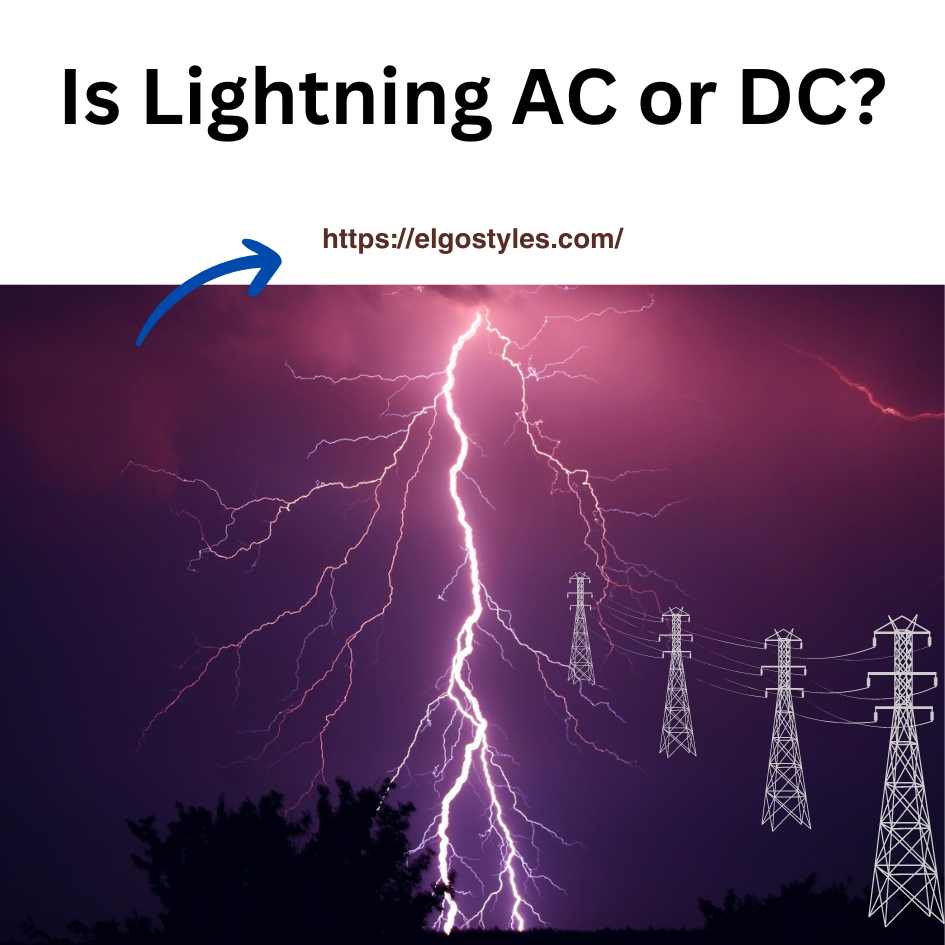Answer:
Lightning is a complex phenomenon that involves both AC (alternating current) and DC (direct current) components.

Reasoning:
Lightning begins with the formation of charge imbalances in clouds, resulting in a potential difference. The initial discharge is primarily DC, but as the lightning bolt progresses, it exhibits an AC nature due to the rapidly changing electric field, creating a series of pulses.
FAQs:
Q: Is lightning purely AC or DC?
A: Lightning has both AC and DC components.
Q: How does lightning start?
A: It begins with charge imbalances in clouds creating a potential difference.
Q: What is the initial discharge in lightning?
A: The initial discharge is primarily DC.
Q: Why does lightning exhibit AC characteristics?
A: The rapidly changing electric field during the lightning bolt creates AC components.
Q: What causes charge imbalances in clouds?
A: Factors like updrafts and collisions lead to charge separation.
Q: Can lightning be harnessed for power?
A: Efforts are ongoing, but practical challenges exist in harnessing lightning for power.
Q: Are there different types of lightning?
A: Yes, cloud-to-ground, intra-cloud, and cloud-to-cloud are common types.
Q: How fast does lightning travel?
A: Lightning can travel at speeds of around 220,000 miles per hour.
Q: Can lightning occur without thunderstorms?
A: Lightning is typically associated with thunderstorms but can occur in volcanic eruptions and forest fires.
Q: What safety precautions should be taken during a lightning storm?
A: Stay indoors, away from windows, and avoid electrical appliances during a lightning storm.
 Electrical Engineering World Wiring a Brighter Tomorrow!
Electrical Engineering World Wiring a Brighter Tomorrow!


